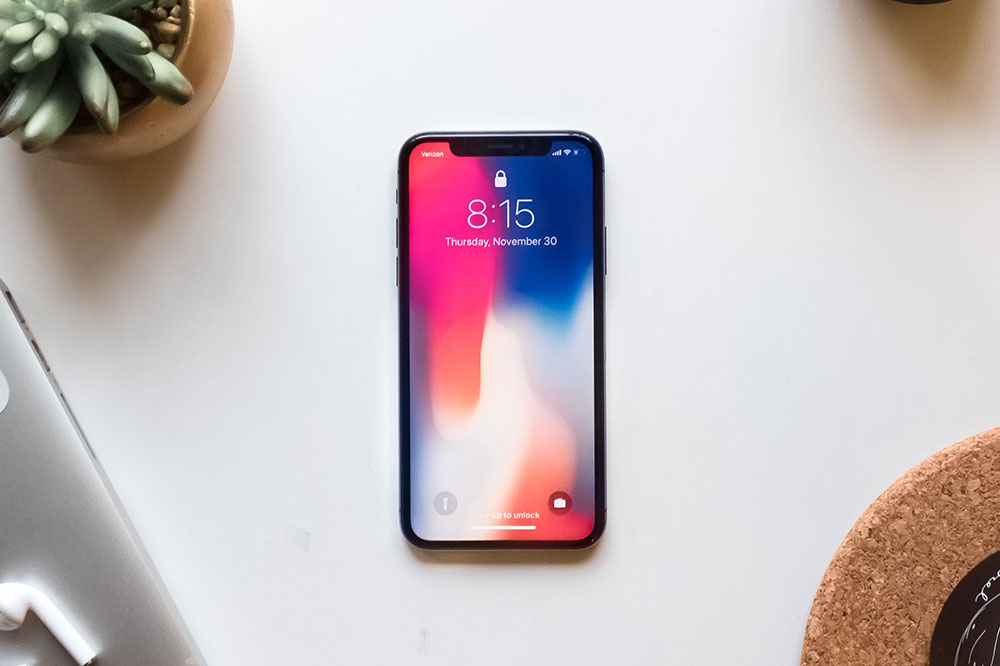A quick look at the iPhone X series models
The iPhone brand has been the father of smartphones since its inception. The first iPhone was introduced by Steve Jobs in 2007, which changed the game for smartphones with its multi-touch and camera capabilities. Since then, there’s no stopping Apple. In 2017, on its 10th Anniversary, Apple revamped the game again with the introduction of the iPhone X. This revolutionary iPhone paved the way for subsequent future iPhones as well, let’s have a look.
iPhone X
This was the first iPhone in which the Home Button was replaced by clever software gestures. It had a 5.8-inch edge-to-edge high-resolution OLED display panel a better notch-superior than the previous generation’s LCD panel.

As for the security, Apple ditched Touch ID and replaced it with the new biometric, Face ID. The front selfie camera, that was embedded in the notch of the iPhone X, was an added style plus. It created a 3D model of the user and worked in low-light with an infrared camera.
In this model, there were two camera sensors on the rear with one telephoto lens and one wide lens. It had an all-new stainless-steel frame that was much stronger than the previous aluminum one.
The successors
In 2018, Apple introduced 3 new iPhones- iPhone Xs, Xs Max, and a fairly inexpensive iPhone XR.
- iPhone Xs
The Xs (Ten S) was primarily based on iPhone X’s legacy. It had the same edge-to-edge form factor, but as the name suggested, it was a mere ‘S’ upgrade. The phone had a dual SIM capability, a faster processor, better water resistance, slightly better battery life, upgraded HDR camera capability, and larger storage options. It was priced at around $999. - iPhone Xs Max
The iPhone Xs Max was pretty similar to iPhone Xs but came with a larger form factor of 6.5 inches display. It was priced at around $1,099. - iPhone XR
The showstopper of that year was iPhone XR (Ten-R) that brought the same form-factor, but at a much affordable price starting at around $749. The price compromises were made by giving a lower-resolution LCD display in comparison to iPhone X’s OLED, a single-lens camera system, and an aluminum frame. However, it had a few plus points, such as additional colors, a perfect display size of 6.1 inches, and more battery strength.
Considering all of the above models, it’s clear that iPhone X paved the way for its successors, and its legacy has continued with iPhone Xs and iPhone XR series. However, from a customer’s point of view, iPhone XR ticked the major boxes with an attractive price point of around $749 and features that a user may usually demand. On the other hand, a pro user who can shell out some extra cash can opt for a fancy high-resolution display, steel frame, and a secondary telephoto camera lens with the main iPhone Xs series.

